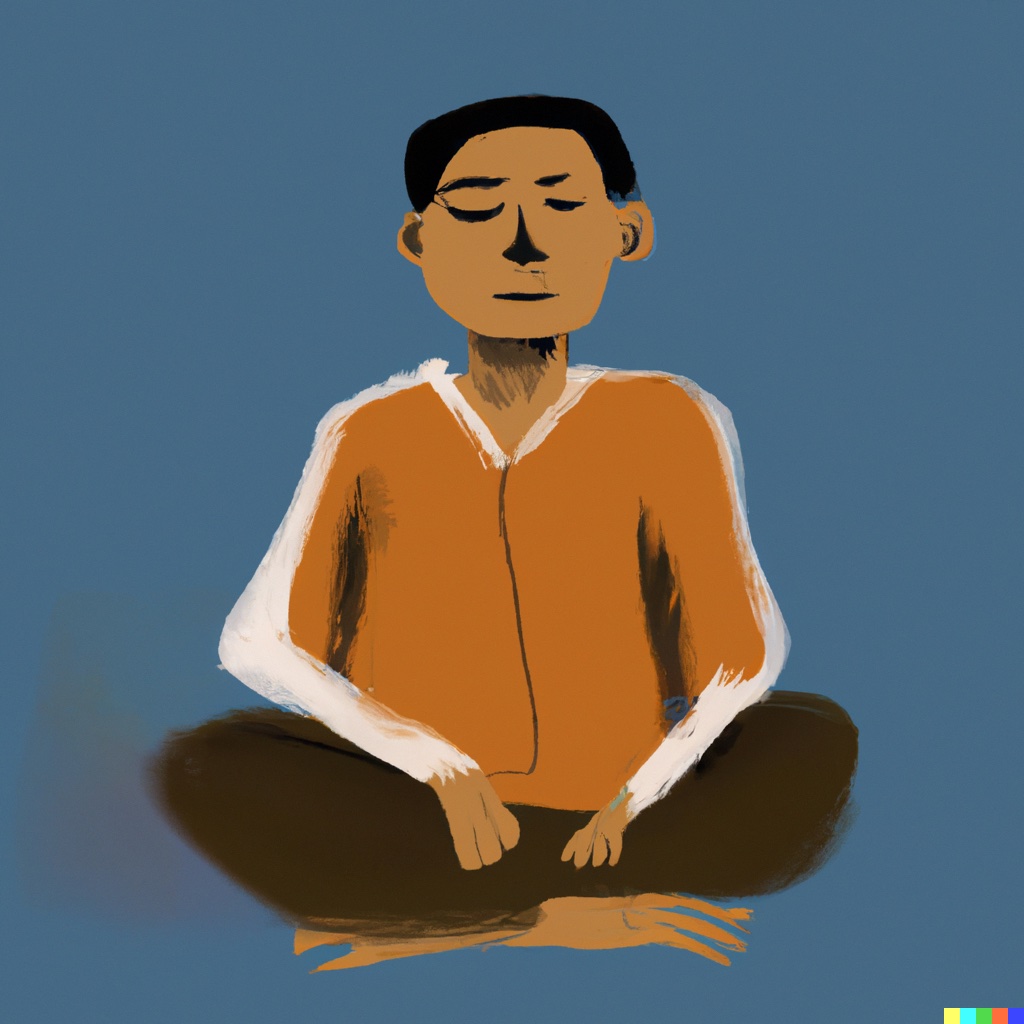
Interview anxiety is a common challenge faced by many job seekers, and it can be particularly pronounced during behavioral interviews, which focus on your past experiences and how you've handled various situations. In this article, we'll explore some strategies and techniques for managing anxiety and staying confident during behavioral interviews, helping you perform at your best.
Understand the Root Cause of Your Anxiety
Before you can effectively manage interview anxiety, it's important to understand its root cause. Common reasons for interview anxiety include:
- Fear of the unknown
- Fear of being judged
- Fear of failure
- Lack of preparation
Once you've identified the cause of your anxiety, you can begin to implement targeted strategies to address it.
Techniques for Managing Interview Anxiety
Preparation: One of the best ways to reduce anxiety is to be well-prepared for the interview. Research the company, review the job description, and practice answering common behavioral interview questions. The more prepared you are, the more confident you'll feel.
Visualization: Visualize yourself succeeding in the interview. Imagine yourself confidently answering questions and making a positive impression on the interviewer. This mental exercise can help increase your self-confidence and decrease anxiety.
Deep Breathing: Practice deep breathing exercises before and during the interview to help calm your nerves. Slow, controlled breaths can lower your heart rate and help you feel more relaxed.
Mindfulness: Focus on the present moment during the interview. Don't dwell on past mistakes or worry about what might happen in the future. Concentrate on the question being asked and provide thoughtful, well-considered answers.
Positive Affirmations: Repeat positive affirmations to yourself before and during the interview. Remind yourself of your strengths, skills, and accomplishments, and tell yourself that you are capable and deserving of the opportunity.
Adopt a Power Pose: Research has shown that adopting a confident posture can help reduce anxiety and increase self-confidence. Before your interview, try standing or sitting in a power pose (e.g., hands on hips, chest out, chin up) for a few minutes.
Conclusion
Interview anxiety is a common challenge, but it can be managed with the right strategies and techniques. By understanding the root cause of your anxiety, preparing thoroughly, and practicing techniques such as visualization, deep breathing, and mindfulness, you can increase your confidence and improve your performance in behavioral interviews.
Vidal Graupera
May 20, 2023
